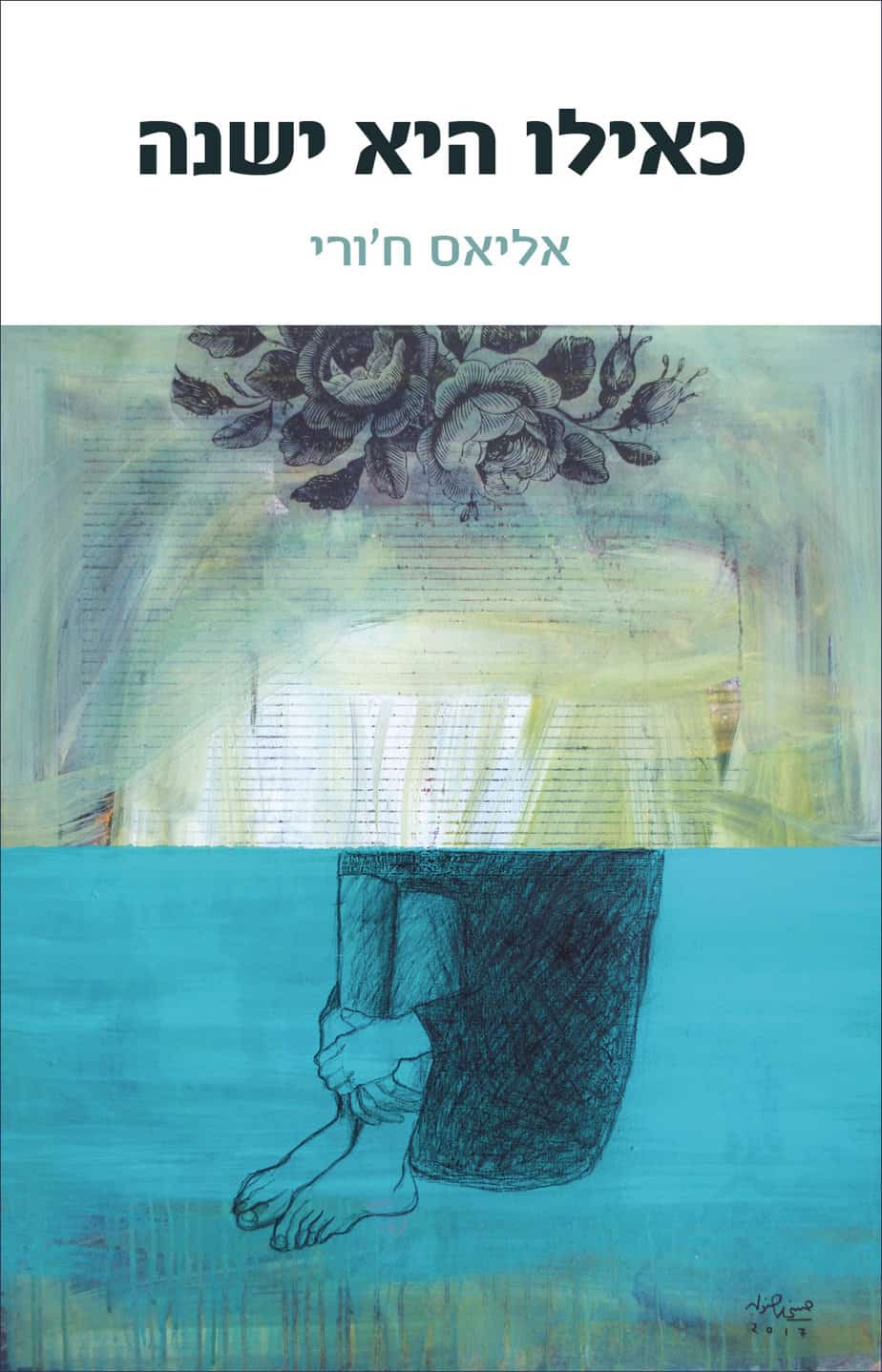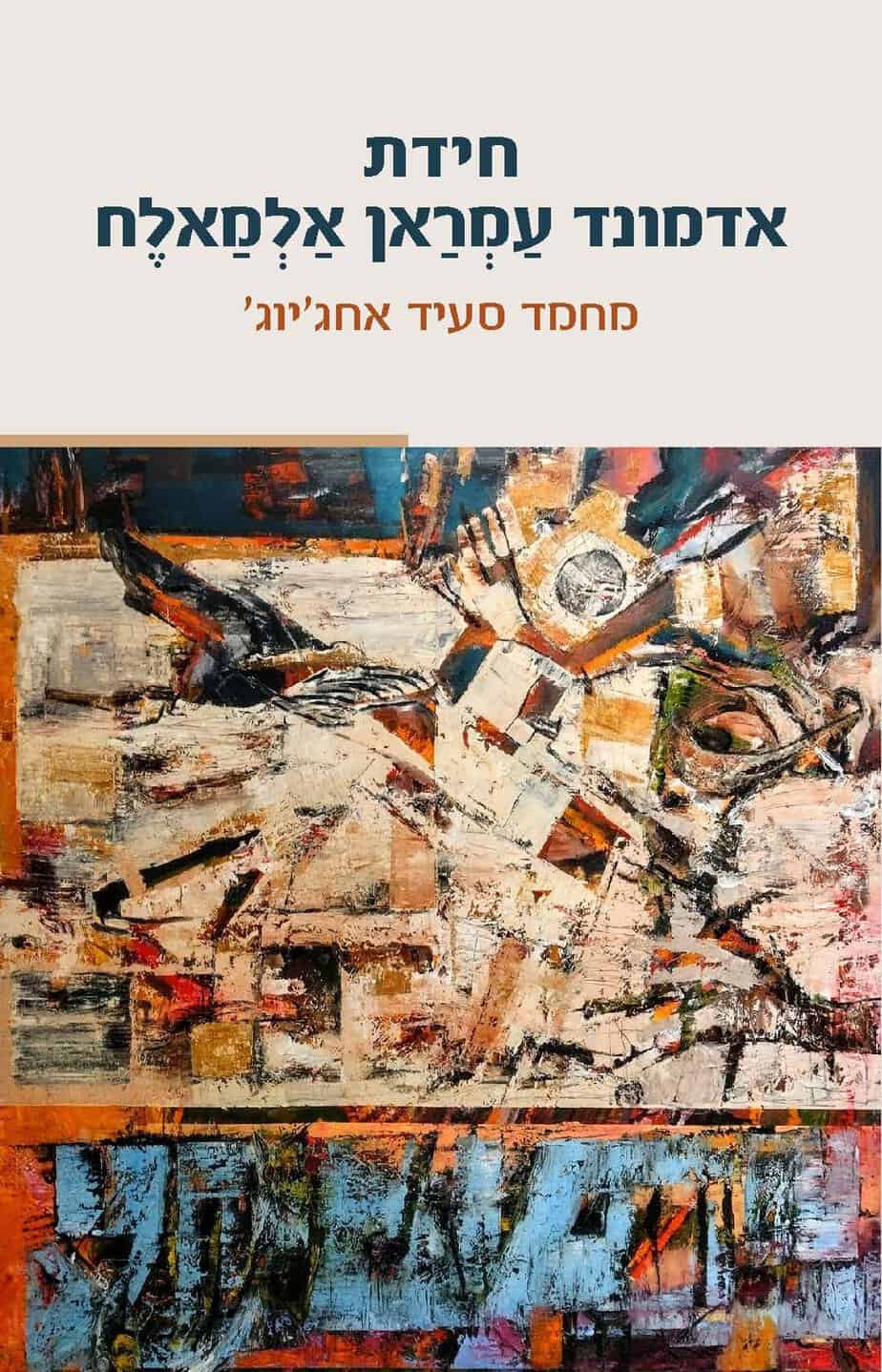Memory Games
Concepts of Time and Memory in Jewish Culture
| Edited by | Yotam Benziman |
| Publisher | Van Leer Institute Press and Hakibbutz Hameuchad |
| Language | Hebrew |
| Year of Publication | 2008 |
| Series | Jewish culture and identity Publications, Theory in Context Series |
What does the word “time” connote? Is the present a time or an entity? When did Jews begin measuring time by means of a lunar calendar, and what became of the solar calendar that preceded it? How can a person remember the Exodus from Egypt that happened, if it happened, thousands of years ago? Why are women exempt from time-bound Mitzvoth? What is the meaning of the Sabra myth of a sea birth, as if there were no past and no land? How should we remember the dead? What is the nature of the struggles over the establishment of memorial monuments and how are they resolved? Are Jews and Arabs able to take part in joint memorial ceremonies? Is it possible to forgive without forgetting? Is it possible to “correct” memories? How is it possible to remember true events that never happened?
These are some of the questions that this book considers. It deals with the connection between the concept of memory and the concept of time, on the assumption that both have a direct connection to our self-definition as Jews and as Israelis, and to our perception of our affiliation group. How individuals and communities shape their holidays is linked to components that they want to remember, to the links that build their history as they experience it.
The authors come from the disciplines of philosophy and history, sociology and literature, Jewish studies and Christian studies. Consequently, the papers and essays in this book are not all of a kind: Some are more academic than others, some present a comprehensive theory and some report personal experiences, some deal with ancient myths and some describe Israel in the 21st century.




